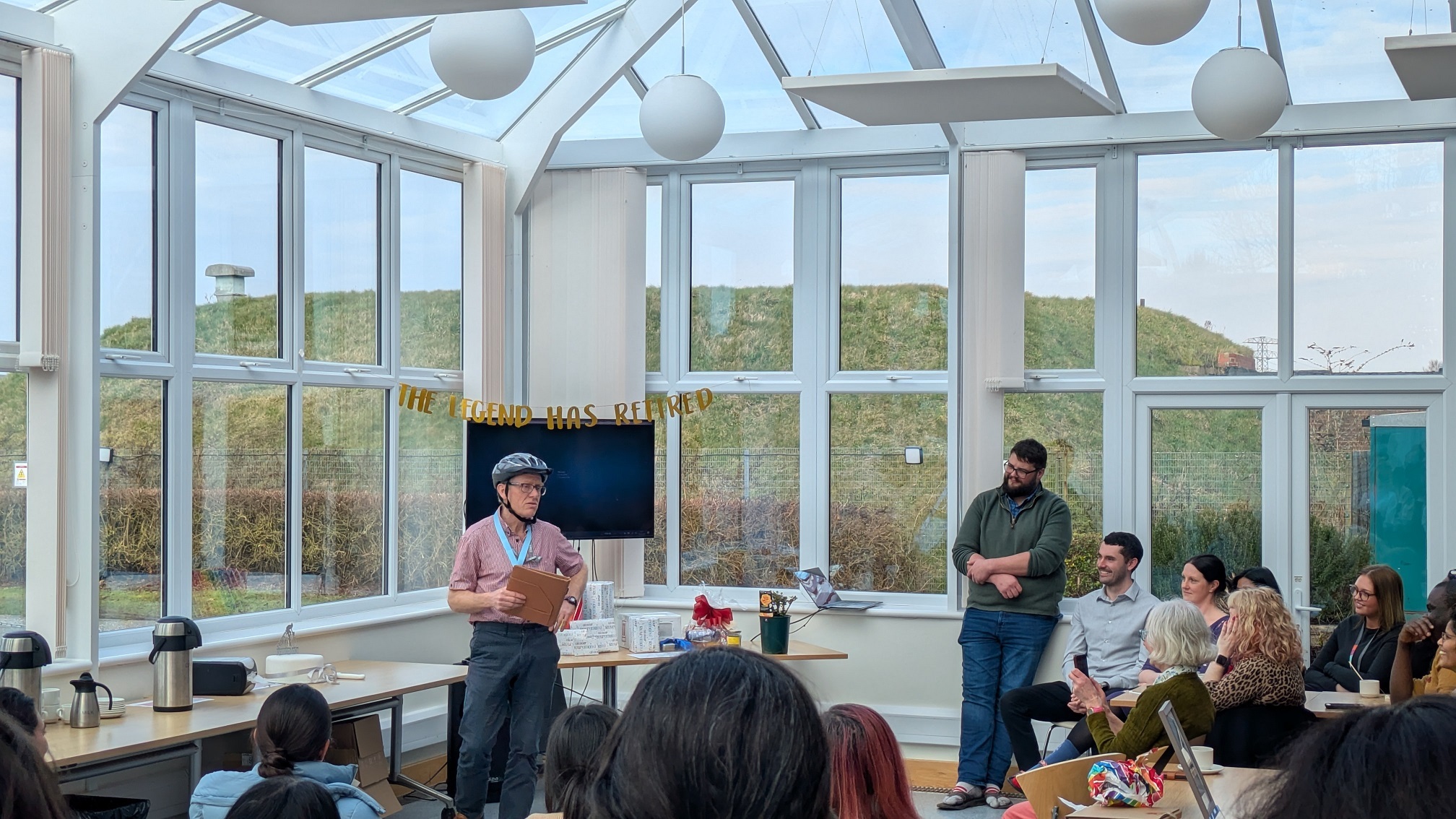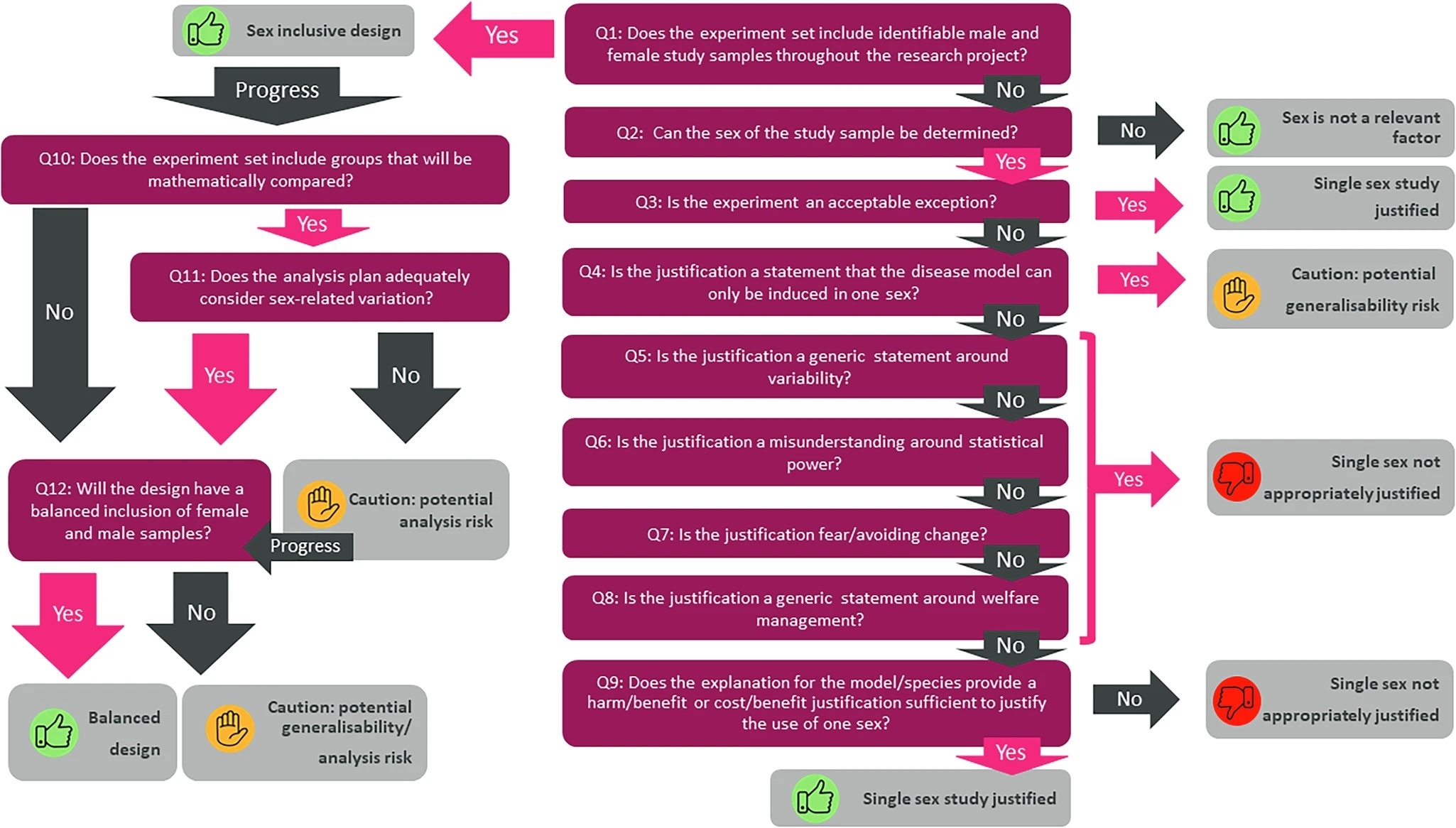MRC Harwell’s Dr Andy Greenfield chaired a panel which reviewed evidence on two methods of assisted conception that could potentially prevent inheritance of serious mitochondrial disease.
Mitochondrial donation ‘not unsafe’ MRC Harwell’s Dr Andy Greenfield chaired a panel which reviewed evidence on two methods of assisted conception that could potentially prevent inheritance of serious mitochondrial disease. The Panel’s report, commissioned by the Government and published in June, and contains a wide-ranging survey of the scientific and clinical evidence concerning the efficacy and safety of two mitochondrial replacement techniques. These are not legal in the UK or many other countries, but the Panel concluded that there are no compelling reasons to think they would be unsafe in humans. Chaired by Dr Andy Greenfield at MRC Harwell, the panel submitted the report to the Human Fertilisation and Embryo Authority (HEFA) for delivery to the Department of Health. A Parliamentary vote could now lead to the alteration of fertility regulations to permit mitochondrial replacement, which could be used to prevent mitochondrial disease being passed on from mother to newborns. The mitochondria are the ‘power houses’ of cells, providing them with the energy they need to function, and have their own separate genome, in the form of a small circle of DNA, that contributes to this process. In mitochondrial disease, a mutation in the mitochondrial DNA can prevent them from effectively generating the energy required by the cell. While relatively rare, mitochondrial disease can be very serious and even lethal. It affects one in every 6,500 babies born, leading to an energy deficit that can cause muscle weakness, blindness and heart failure. Preventing mitochondrial disease Mitochondrial DNA is inherited through the mother, so if the mitochondria in her fertilised egg or newly fertilised embryo can be replaced with healthy ones, mitochondrial disease could be eliminated, not only from her children, but also in future generations. Two techniques were reviewed; maternal spindle transfer (MST) and pronuclear transfer (PNT). Both follow the same principle: the transfer of nuclear DNA from the mother into an egg or embryo from a female donor with healthy mitochondria. The difference lies in the stage at which this is done – in MST it is done in the mother’s egg, whereas in PNT it is done in the early single-celled embryo, after fertilisation. In both cases, the mother’s egg is fertilised by the father’s sperm and implanted in her womb to develop, as with current IVF procedures. This means that the child is still genetically related to both parents, as with normal sexual reproduction, but has healthy mitochondria from the female donor. Some have referred to this as the creation of ‘three-parent embryos’, but this is actually incorrect – the embryo is still the product of the union of genetic material from the mother and the father, as usual, but with donated mitochondria from a third person. ‘Three-person IVF’ might be a more suitable term. If the child is a girl, the hope is that her own children should also have healthy mitochondria, so preventing the inheritance of mitochondrial disease. Overall, the panel decided that the current evidence did not suggest these techniques would be unsafe in humans, but accepted that any research moving into clinical trials carries an element of risk. The research reviewed included research that showed macaque monkeys born after this treatment are still healthy five years later, as well as laboratory studies with early human embryos. However, the report does not comment on the ethical and legal issues this could pose, and advises that some experiments still need to be done before these techniques enter clinical trials as a new fertility treatment for mothers with mitochondrial disease. “The Panel has examined, discussed and re-examined data from disparate fields of science, including biochemistry, evolutionary biology, the genetics and developmental biology of model organisms and, of course, clinical genetics and embryology,” said Dr Greenfield. “We believe that our recommendations are firmly based on the data that we examined.”


